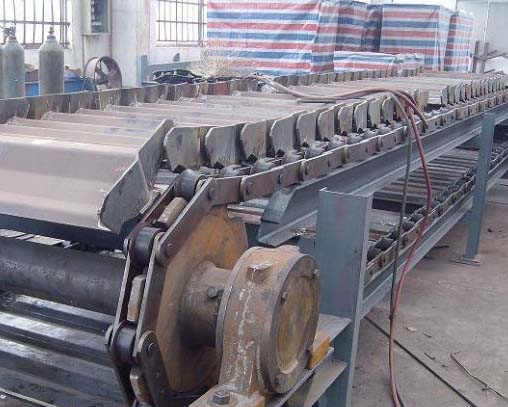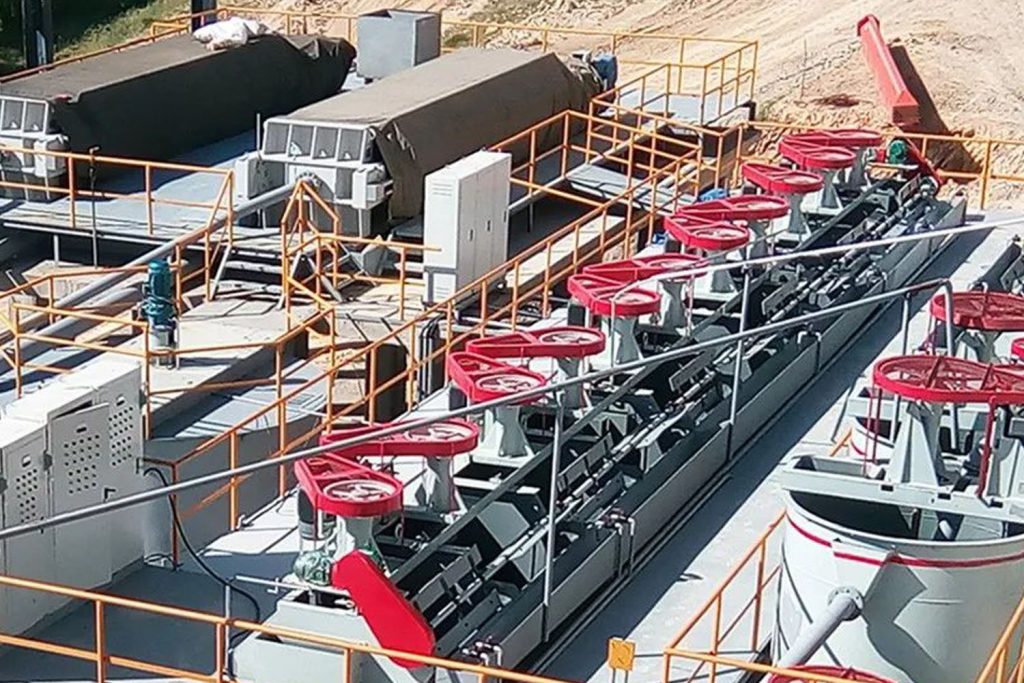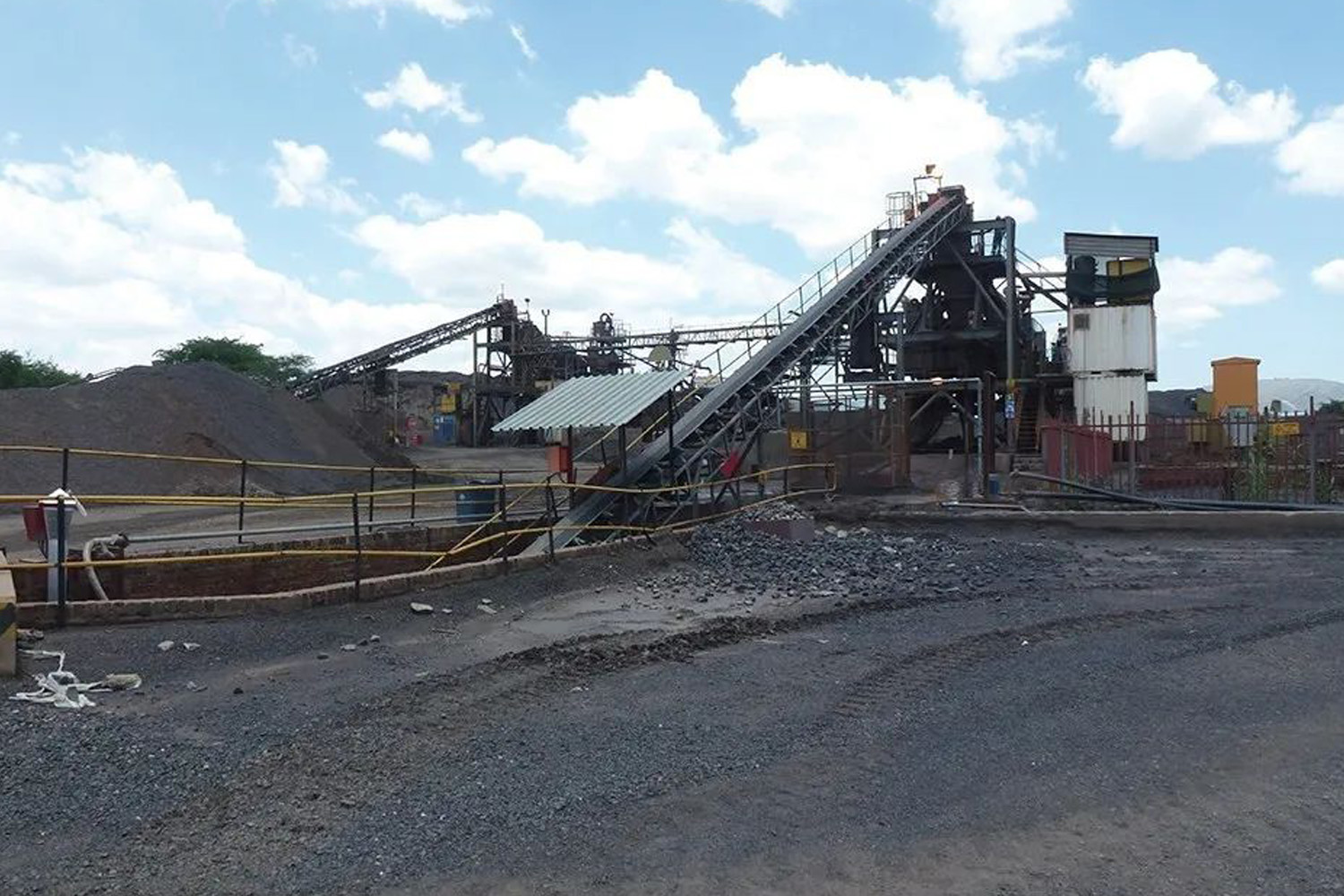In various industries, the efficient handling of bulk materials is crucial for optimizing productivity and ensuring smooth operations. Apron feeders have emerged as an essential equipment choice for numerous applications due to their unique design and the several advantages they offer. This article explores the advantages of using an apron feeder and highlights why it has become a preferred solution in material handling systems.

Robust and Durable Construction
Apron feeders are built with robust materials and a durable design, making them suitable for handling heavy and abrasive materials. The main components, such as the pans, chains, and rollers, are engineered to withstand high impact loads and resist wear and tear over extended periods of operation. This rugged construction ensures a longer service life and minimizes downtime associated with equipment maintenance and replacement.
Efficient Handling of Different Materials
Apron feeders are highly versatile and can handle a wide range of materials, including minerals, coal, aggregates, and industrial waste. Their adjustable speed and capacity allow for precise control over material flow, ensuring optimal handling and preventing blockages or material spillage. Whether it is handling fine powders or large-sized chunks, apron feeders can accommodate diverse material characteristics, making them suitable for various industries.

High Capacity and Reliable Performance
Apron feeders excel in applications that require high-capacity feeding. Their design allows for the efficient transport of large volumes of material, making them ideal for demanding operations. With their sturdy construction and reliable performance, apron feeders can consistently deliver a steady flow of material, contributing to enhanced productivity and streamlined production processes.
Excellent Versatility and Adaptability
Apron feeders can be customized to meet specific requirements, enabling them to adapt to various applications. They are available in different sizes and widths, allowing for seamless integration into existing material handling systems. Additionally, apron feeders can be equipped with accessories such as skirts, impact rails, and dust control systems to further enhance their efficiency and performance in specific environments.
Superior Containment and Environmental Benefits
One of the key advantages of apron feeders is their ability to provide excellent material containment. The overlapping pans and chains form a continuous surface, preventing material spillage and minimizing dust emissions. This feature not only improves workplace safety by reducing the risk of accidents but also helps maintain a clean and environmentally friendly operation.
Enhanced Equipment Protection
Apron feeders contribute to the protection of downstream equipment in the material handling system. By providing a consistent and controlled feed rate, they prevent overloading and excessive wear on crushers, screens, and conveyors. This results in extended equipment life, reduced maintenance costs, and improved overall system reliability.
Flexibility in Layout Design
The design of apron feeders offers flexibility in layout configuration. They can be installed in various positions, including inclined, horizontal, or even on a slight decline. This adaptability allows for efficient material transfer between different stages of the production process and enables seamless integration into complex material handling systems.
Conclusion
Apron feeders have become indispensable in many industries due to the numerous advantages they offer. Their robust construction, efficient material handling capabilities, and adaptability make them a preferred choice for handling a wide range of materials. With high capacity, reliable performance, and superior material containment, apron feeders contribute to enhanced productivity, equipment protection, and environmental benefits. As industries continue to seek efficient material handling solutions, apron feeders are likely to remain a crucial component in optimizing operations and achieving optimal production outcomes.
